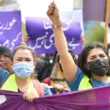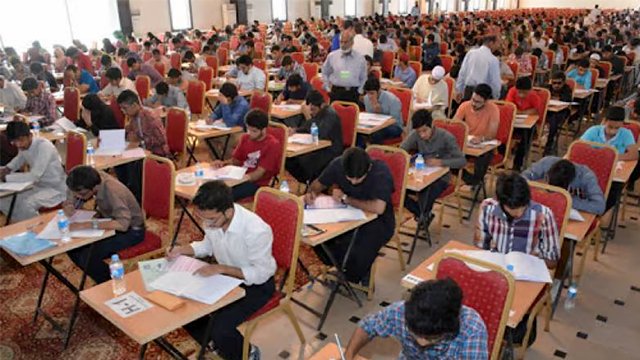In a move that has sparked significant controversy, the Karachi City Council has decided to levy a toll tax on every vehicle using the city’s highways and bridges and to collect municipal taxes through electricity bills. Despite strong objections from opposition parties, the ruling party pushed through resolutions aimed at addressing the city’s financial needs.
During a heated city council meeting, resolutions were passed to impose toll taxes on vehicles and to collect municipal taxes via KElectric bills. The decision on the method of toll tax collection remains undecided, but the municipal tax will be added directly to electricity bills. Specifically, a municipal tax of Rs 20 per month will be charged on electricity bills for 101 to 200 units, and Rs 160 per month on bills up to 300 units.
The council meeting saw vocal protests, with opposition leaders arguing that the new taxes would unfairly burden Karachi’s residents. Leader of the Opposition, Saifuddin Advocate, likened the tax collection through KElectric to “entrusting the wolf with guarding the sheep,” criticizing the utility’s role in the process. He further condemned the toll tax as daylight robbery, stating that it would significantly impact the daily lives of citizens.
Mayor Karachi Murtaza Wahab defended the measures, highlighting the financial needs of the city. He projected that Rs 700 million would be collected from the toll tax and an additional Rs 4 billion from the municipal tax. According to Wahab, half of the Rs 4 billion will be allocated to council members for local development projects, while the remaining funds will be used by the Municipal Corporation (MC) for major infrastructural projects.
The opposition, including the Jamaat-e-Islami party, has indicated plans to challenge the municipal tax collection in court. Their concerns center around the fairness and implementation of the new tax system, arguing that it places an undue financial strain on the residents of Karachi.
Six resolutions were passed during the council meeting, which was marked by protests and slogans against the measures. The meeting was eventually adjourned indefinitely amidst the uproar.
Adding to the complexity, the Sindh High Court has issued a stay on the collection of these taxes. However, in a previous hearing, the court acknowledged the city council’s right to tax citizens, provided that the council properly approves the tax resolutions.
The decision to implement these taxes has highlighted the ongoing struggle between city officials’ need for revenue and the opposition’s concern for residents’ financial burdens. As the situation evolves, the outcome of potential legal challenges and further council deliberations will be crucial in determining the future of these tax measures in Karachi.







